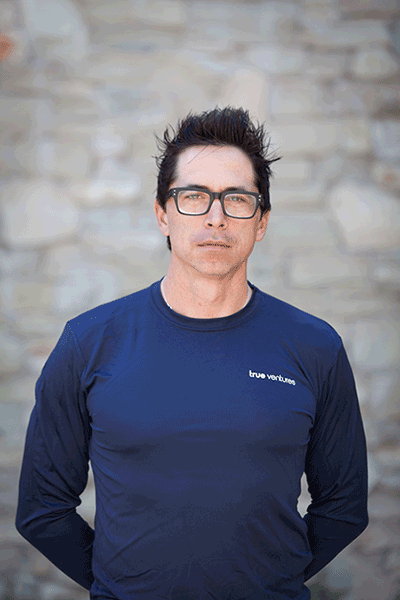A drug company is combining with a leading US university in an effort to find a conclusive link between autism and the gut.

Dr Dennis Wall: hopes the study will unravel how genes and the environment interact in autism and will lead to therapies
Specialist therapy firm Second Genome will work with Stanford University on the research. The study will focus on gut bacteria, known as the body’s microbiome.
If they find evidence that a gut disorder can cause autism they hope to develop a treatment.
‘Discoveries would be profound’
Dr Karim Dabbagh is the chief scientific officer at Second Genome. He said: “If we find evidence of a causal relationship, the discoveries would be profound and could enable us to advance therapeutic discovery efforts.”
A $2.1m US government grant is backing the study.
The study aims to recruit 100 pairs of siblings aged between two and seven. Researchers want one child who is autistic and one who is not in each pair.
The researchers will conduct parts of the study remotely, with parents sending in faecal and saliva samples.
Parents will also submit video of their children instead of travelling to have behaviour observed.
Dr Dennis Wall, Stanford associate professor of paediatrics, is one of the study leaders. He said the parents’ samples and video will offer microbiome, DNA and a “rich observation of the child”.
Hope for ‘therapies that make a difference’
Wall hopes that the three methods will help clarify how genes interact with the environment in autism. Ultimately, the ambition is for this work to lead to “therapies that make a difference”.
A range of studies have previously pointed to the role of gut abnormalities in autism.
These studies suggest that anywhere between 23 per cent and 85 per cent of children with autism have gastrointestinal difficulties.
Gut theory based on toxins
The theory linking the gut to autism is based on the idea that an overgrowth of bad bacteria results in toxins. It’s suggested that these toxins weaken the lining of the gut and reach the brain.
Related:
- Evidence grows for autism link to gut
- Study reinforces role of gut health
- Food enzyme tested as autism treatment
- Study finds faecal transplants effective
Published: 9 October 2017















